Surely, there is always a need to ensure that voter validation is a foundational component of every election in America. I mentioned that in Philadelphia some years ago, pushing alongside civil rights organizations to advance policies that secure election integrity and encourage election participation. As I said back then, we must proactively address the vulnerabilities within our election processes that can mute the will of the people with fraud for candidates on either side of the political aisle, just as we must address other maladies within electoral politics such as egregious gerrymandering practices and limitless electoral terms for officials within their protected fiefdoms.
“Voter validation efforts must uphold the attribute of empowerment that comes whenever a citizen exercises his Constitutional right to vote,” I wrote back in 2012 about the issue we again face today. “Those efforts must also bolster the parameters of appropriate participation in the greatest democracy in the world so that our republican form of government – from decorum during debate to valor in protecting the right to vote – is done in a manner that honors the Republicans and Democrats that fought and died to ensure American suffrage for our fellow citizens. Both our forefathers and future generations of Americans are counting on us to get it right today.”
Sadly, roughly a decade after I wrote and spoke those words, the “decorum during debate” and “valor in protecting the right to vote” have been torn asunder and cast aside as spinelessness in the heat of our civic marital crossroads before an impending divorce.
It’s wrong, and as long as we continue this path, our proud nation will continue to weaken, become increasingly vulnerable to domestic and geopolitical decay, and wane in influence and safety for democratic ways of life.
There is a demeanor and approach that we must take as conservatives that honors the self-determination of American citizens, including those that disagree with us in political tone and policy perspectives. There are options we can take to ensure that the side door to the ballot box is not propped open to tempt fraud while taking care not to create a new glass ceiling between the disadvantaged and the right to vote – a dynamic where the empowerment within elections appears available yet becomes increasingly unattainable through unnecessary legislative overreach.
Election laws promoted in Georgia and Texas this year seem to echo the over-reactionary moves in states including North Carolina and Pennsylvania over the years. Policies that ensure that valid identification is guaranteed to advance the notion of “one American, one voter” is legitimate. We must take care that eligible American citizens are both encouraged and validated throughout the voting process from registration to submission of their votes. Policies that radically truncate the ability of Americans to vote – from the curbing of “Souls to the Polls” days and voting hours to silly restrictions on passing out water to fellow Americans waiting in long lines to vote – hurt us as conservatives and hurts America as a nation at the crossroads.
We remain incapable of winning new voters to support our right-minded policies and weakened in our national ability to hold off the influence of our adversaries on the world stage if we continue the oversized approaches to addressing the modern electoral dynamic in America.
Just as the Tea Party did with government spending in 2011 after big wins during the 2010 midterm elections by overreaching from a policy perspective – a move that led to both President Obama and Republican leaders heading us down a path where America’s bond rating dropped due to their failure to negotiate to a proactive resolution – we risk losing a bigger battle because of excessive legislative reactions to addressable trends.
Further, people forget that some decisions have damaging long-term impacts without our attentive caution and care. For example, the bond rating dip and subsequent sequester (again due to the inability to negotiate to resolution) influenced a weakening in our military that had a role in events including increased cyber-hacking by North Korea, China, and Russia, the annexation of Crimea, the ongoing civil war in Syria (that included the increased involvement of both Iran and Russia), and the rise of ISIS that came in part because of the American void in the Middle East post-2012 (led by then-VP Biden).
Legislative overreach can have devastating effects. As constitutional conservatives, our approach to voter validation must always be with a scalpel for care and not a hatchet for redress and retribution.
Despite our moral high ground and leadership on issues such as school choice, economic empowerment through entrepreneurism, religious freedom of expression, and appropriate criminal justice reform, we lose the narrative and the willingness of moderate voters to partner with us whenever our fear of losing an election is augmented with a desire to change the rules in the hopes of falsely changing the scoreboard.
We must advance voter validation – a policy that secures integrity and empowers all voters. Voter validation ensures that the 90-year-old, half-blind African-American woman living in a senior citizen high rise can vote with the support and encouragement afforded an American that has lived through the Great Depression, World War II, the 20th Century Civil Rights Era, 9/11, and the 21st Century Civil Rights Era. Voter validation ensures that the third-generation Mexican-American in Arizona – a likely supporter due to education and economic/family issues – is not castigated by activists and legislators in the court of public opinion or the long waiting lines in the heat outside of a polling location on Election Day. Right now, we risk with our foggy-minded haste carrying the mantle of voter suppression into the annuals of modern history, cast as those working to push Americans already on the periphery of society from imperiled inclusion towards the outside looking in through a new glass ceiling.
We can make policies that strengthen election integrity. We should. Each year, geopolitical foes are looking to interfere with our democracy as to upend the world’s greatest economic and military force. This is not a new dynamic, but it is an easier endeavor due to technology effectively shrinking our globe. Those that believe that nothing needs to be done are likely the same lot that believe that everyone coming across the fractured American/Mexican border are well-intended and mean no harm to our nation despite the evidence hailing from Yemen this month and the admitted “imprecise” data addressing the matter.
“While the intent of voter validation may be legitimate and well-intended, new validation laws must ensure that the thousands already legally within the voting system are embraced, even as we work to eradicate suffrage vulnerabilities. When we work in a potentially-rushed fashion in response to hundreds of cases of voter fraud at the risk of disenfranchising thousands of voters – many of whom are African-American and in need of more responsive government in contrast to what they currently get as constituents – it is advisable for us to take a step of contemplation for the sake of the best solution for the future. We cannot allow the need for tempered, methodical voter validation laws to morph into a movement for implementing voter suppression tools for the sake of winning specific elections – whether that notion is perceived or otherwise.”
We cannot win – elections or the future – if the fight on election integrity and voter validation continues to be fought along the whims of political motives and not the honor afforded the spirit of our Constitution.
“I caution my Democratic friends against actively demonizing all members of a political party over a reasoned, yet currently flawed legislative solution. I caution my fellow Republicans against taking back America by taking away legitimate access to ballot boxes – while throwing away legitimate opportunities to form new partnerships with voters in sore need of new political leadership. No partisan monopoly on civil rights struggles can exist in modern day America if we are to rebound moving forward as united states. It is my hope that those reviewing the law today will hold paramount in their thinking – the ramifications for the disadvantaged for years to come, not just the fates of the political combatants for the elections…”
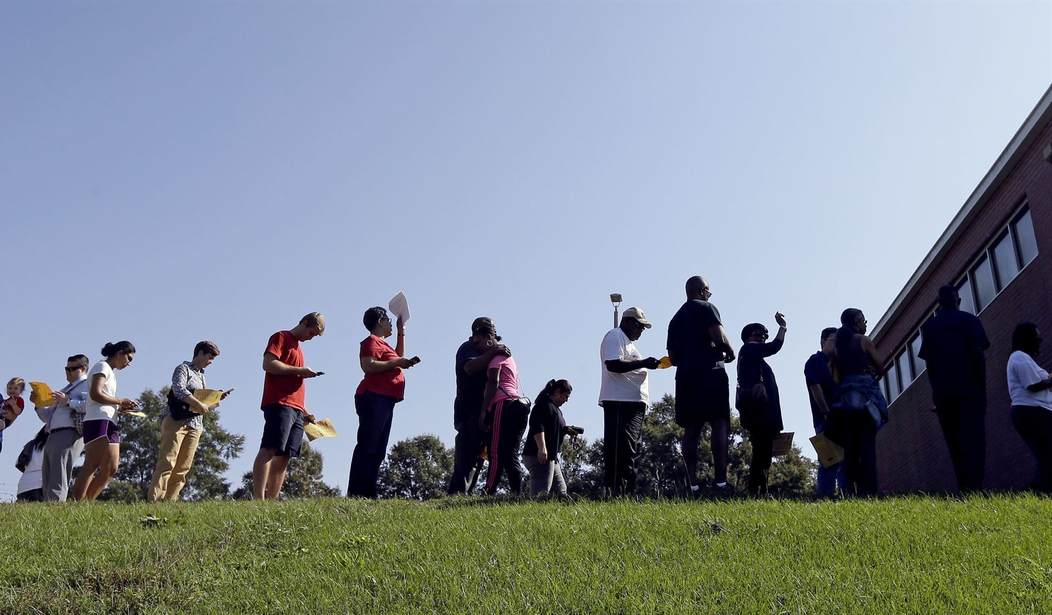



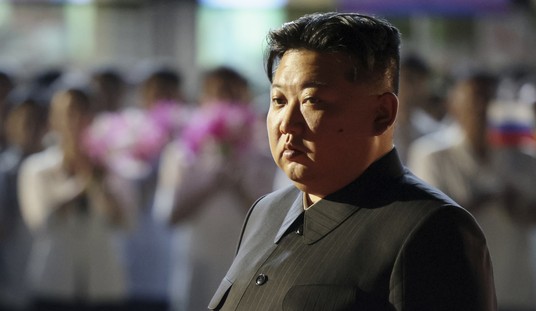
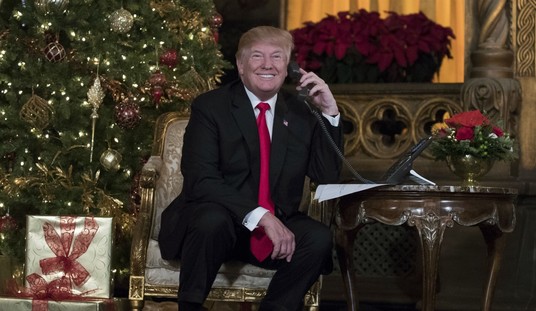



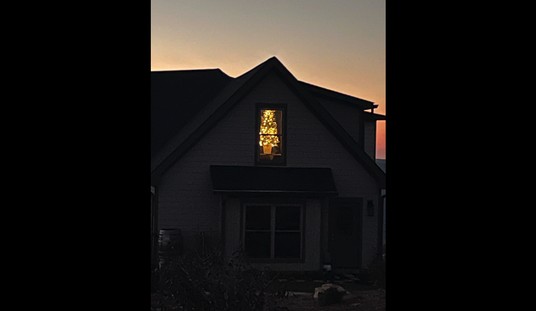
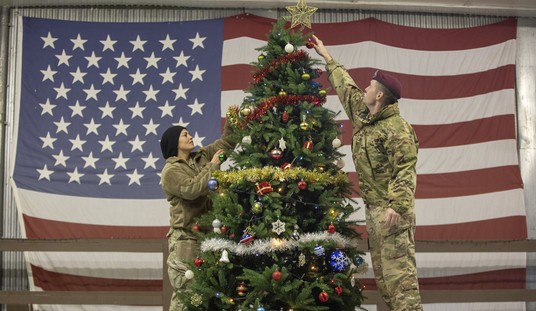



Join the conversation as a VIP Member